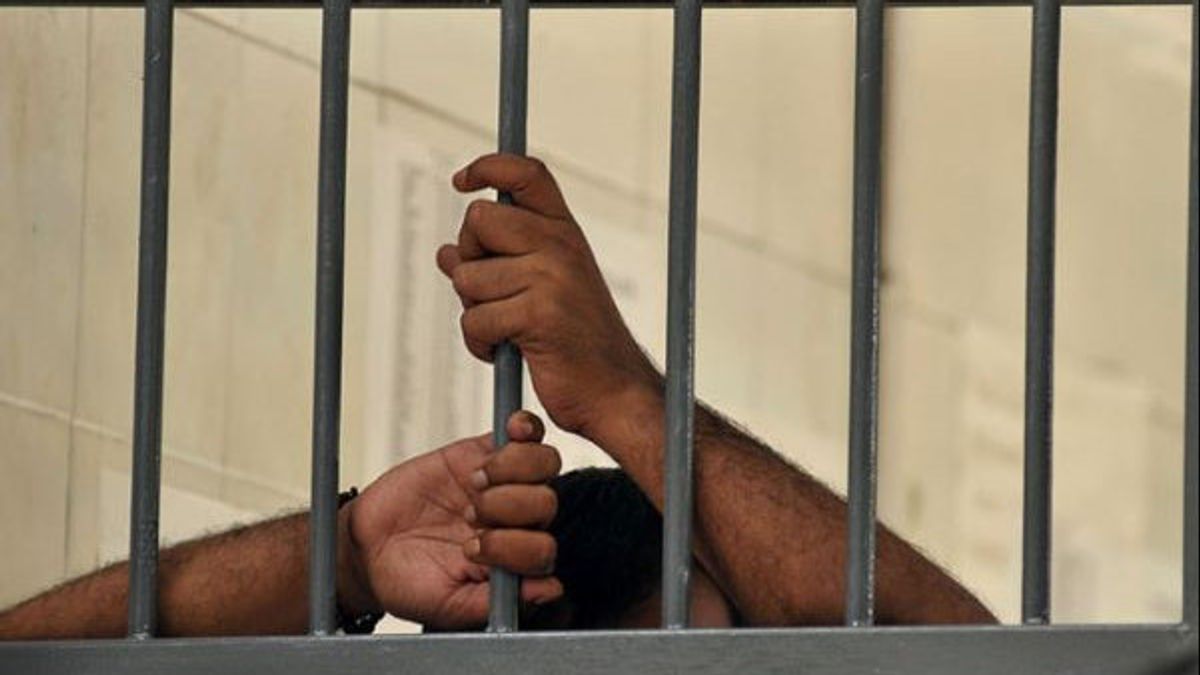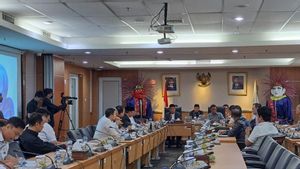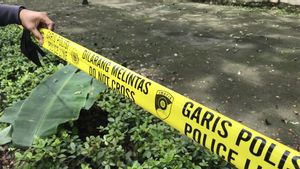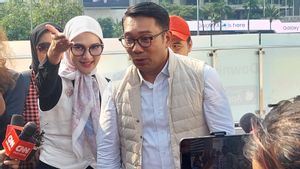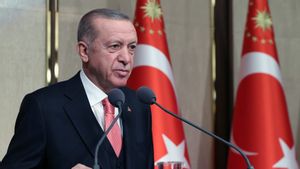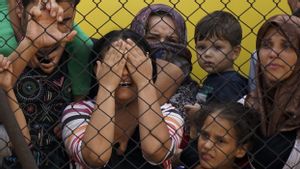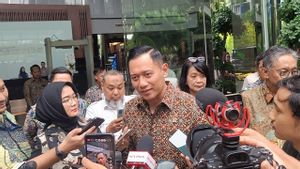JAKARTA - Director General of Human Rights (Dirjen HAM), Ministry of Law and Human Rights (Kemenkumham), Dhana Putra said that the revision of Law Number 11 of 2012 concerning the Juvenile Criminal Justice System (UU SPPA) is needed to clarify the rules for children who are in conflict with law (ABH).
"With this adjustment, it is hoped that children involved in crimes can get effective rehabilitation opportunities, while the rights of victims are also maintained," said Dhana in her statement, Sunday, September 15, which was confiscated by Antara.
The Director General of Human Rights said that the urgency of the revision of the SPPA Law was related to the trend of increasing ABH in the country.
"It must be admitted, the increase in criminal cases such as murder and sexual violence involving children recently raises the question of how to make the restorative justice approach to ABH run effectively," he said.
SEE ALSO:
The Director General of Human Rights explained that actually restorative justice has been regulated in Article 5 paragraph (1) of the SPPA Law. In addition, the SPPA Law also regulates the concept of diversion as a diversion of the settlement of child cases, from the criminal justice process to processes outside of criminal justice.
Article 7 paragraph (1) of the SPPA Law stipulates that ABH at the level of investigation, prosecution, and examination of child cases in court must be converted if the crime committed is threatened with imprisonment under 7 years and is not a repeat of a crime.
However, said Dhana, recently there was an increase in crime cases by children who were threatened with a sentence of more than 7p years in prison, while the rules for diversion in the SPPA Law did not apply to cases with a criminal threat of more than 7 years.
Therefore, according to the Director General of Human Rights, the SPPA Law needs to be adjusted. He hopes that the revision of the SPPA Law can make the legal process more fair and in accordance with the dynamics of developing crimes
"This adjustment must clarify when rehabilitation can be given and when formal legal processes are more appropriate, taking into account justice for victims as well, and on the other hand of course without ignoring children's rights," he said.
The English, Chinese, Japanese, Arabic, and French versions are automatically generated by the AI. So there may still be inaccuracies in translating, please always see Indonesian as our main language. (system supported by DigitalSiber.id)
